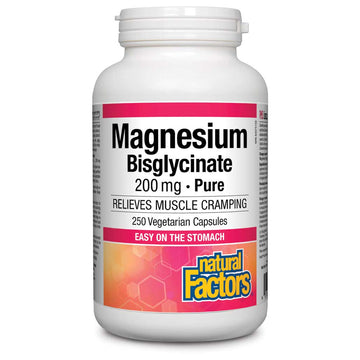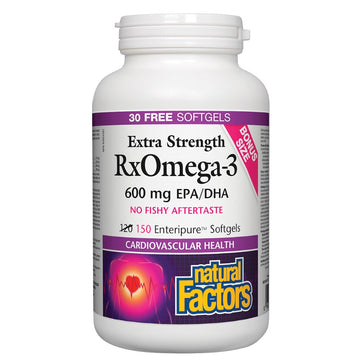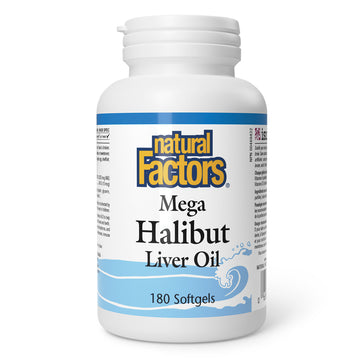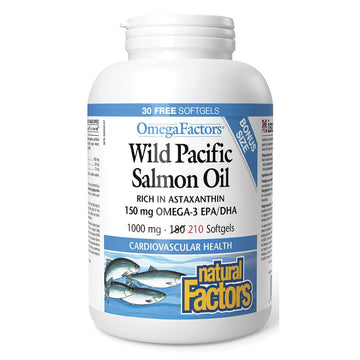Best vitamins & supplements for Hormonal imbalance
(415)
Hormonal imbalances can cause a variety of symptoms, such as weight gain, mood swings, and fatigue. While there is no cure for hormonal imbalances, there are several things you can do to manage your symptoms and prevent them from getting worse. In some cases, taking certain vitamins and supplements may help. However, it's important to talk to your doctor before starting any new supplements, to make sure they are safe and appropriate for you.
Vitamin D: Vitamin D is important for maintaining healthy bones and may help balance hormones. You can get vitamin D from exposure to sunlight, certain foods, and supplements.
Magnesium: Magnesium is a mineral that is involved in many bodily processes, including nerve and muscle function. Some studies have suggested that magnesium supplements may help balance hormones. You can also get magnesium from your diet by eating foods like nuts, seeds, and leafy green vegetables.
B vitamins: B vitamins are a group of vitamins that are important for many bodily processes, including energy production and hormone synthesis. If you're not getting enough B vitamins from your diet, taking a B-complex supplement may help balance hormones.
Omega-3 fatty acids: Omega-3 fatty acids are healthy fats that are found in fatty fish, such as salmon, and some plant-based oils. They have anti-inflammatory properties and may help balance hormones.
In addition to taking supplements, there are other things you can do to manage hormonal imbalances, such as eating a healthy, balanced diet, exercising regularly, and reducing stress. Hormonal imbalances can be caused by a variety of factors, so it's important to work with your doctor to determine the underlying cause and the best way to manage your symptoms.
Vitamin D: Vitamin D is important for maintaining healthy bones and may help balance hormones. You can get vitamin D from exposure to sunlight, certain foods, and supplements.
Magnesium: Magnesium is a mineral that is involved in many bodily processes, including nerve and muscle function. Some studies have suggested that magnesium supplements may help balance hormones. You can also get magnesium from your diet by eating foods like nuts, seeds, and leafy green vegetables.
B vitamins: B vitamins are a group of vitamins that are important for many bodily processes, including energy production and hormone synthesis. If you're not getting enough B vitamins from your diet, taking a B-complex supplement may help balance hormones.
Omega-3 fatty acids: Omega-3 fatty acids are healthy fats that are found in fatty fish, such as salmon, and some plant-based oils. They have anti-inflammatory properties and may help balance hormones.
In addition to taking supplements, there are other things you can do to manage hormonal imbalances, such as eating a healthy, balanced diet, exercising regularly, and reducing stress. Hormonal imbalances can be caused by a variety of factors, so it's important to work with your doctor to determine the underlying cause and the best way to manage your symptoms.






























